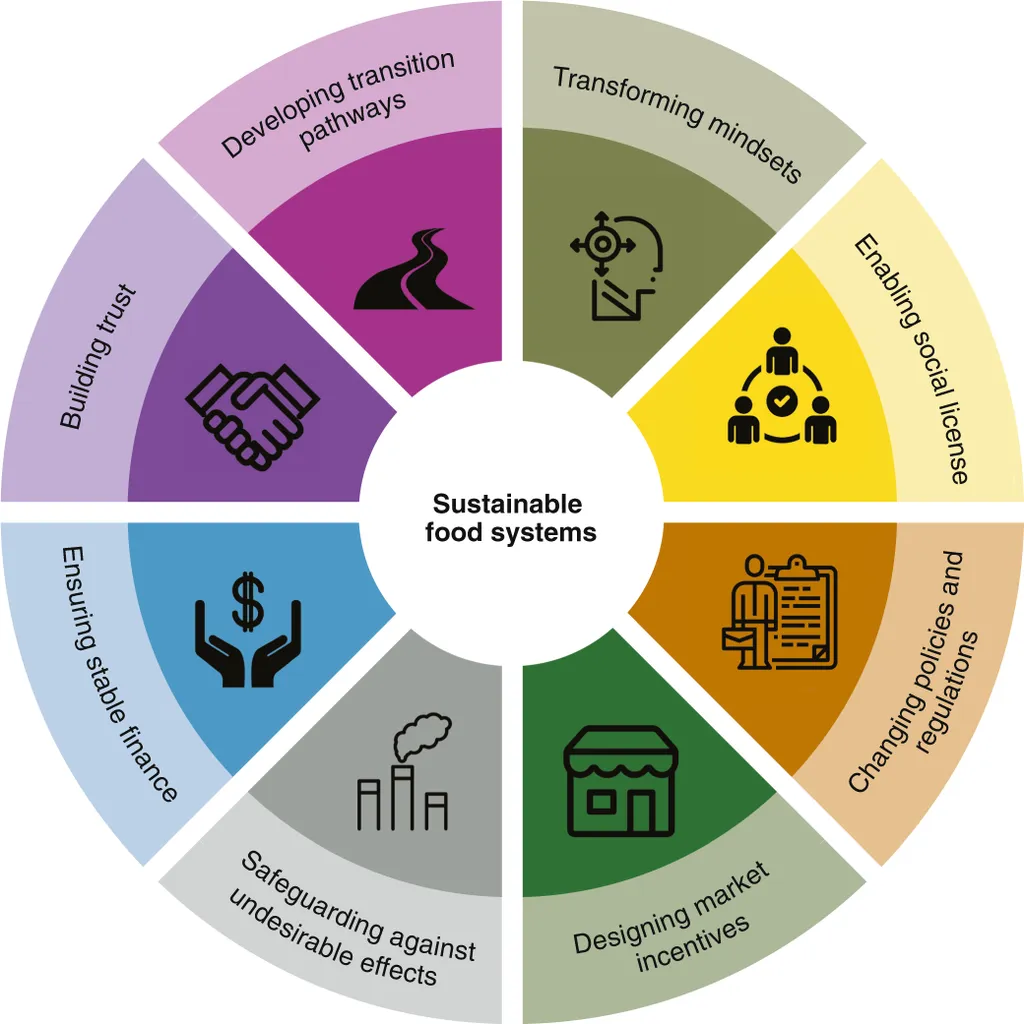In an era where sustainable agricultural foods are rapidly evolving, understanding consumer behavior has become paramount for the widespread adoption of these innovations. A recent study published in *Frontiers in Sustainable Food Systems* sheds light on how digital narratives influence consumer acceptance of sustainable food technologies, with significant implications for the agriculture sector.
The research, led by Xueying Yu from the School of Information and Business Management at Dalian Neusoft University of Information in China, explores the role of digital narratives in shaping consumer perceptions of food technology neophobia (FTN). FTN refers to consumers’ reluctance to try new food technologies, a critical barrier to the adoption of sustainable agricultural innovations.
Using data from an online questionnaire survey, the study applied structural equation modeling and mediation analysis to examine the relationships between digital narratives, FTN, perceived risk, and trust. The findings reveal that positive digital narratives significantly reduce FTN, which in turn lowers perceived risk and enhances trust in sustainable food technologies. Conversely, negative digital narratives indirectly heighten risk perception and weaken trust by reinforcing FTN.
“This study confirms the key mediating function of FTN in linking digital information exposure to consumers’ cognitive and affective evaluations of food technologies,” Yu explained. “By understanding these emotional-cognitive pathways, we can develop more effective communication strategies to promote sustainable agricultural innovations.”
The commercial implications of this research are substantial. For policymakers, the study suggests the development of specialized and emotionally adaptive digital communication systems. These systems should integrate scientific and regulatory resources to deliver transparent and emotionally balanced narratives that mitigate public fear and uncertainty.
For enterprises, digital narratives can serve as a strategic tool to build consumer trust. By presenting clear, credible, and emotionally engaging representations of technological processes and sustainability values, companies can foster a more receptive consumer base. “Digital narrative should be a cornerstone of marketing strategies in the agriculture sector,” Yu noted. “It’s not just about informing consumers; it’s about engaging them emotionally and cognitively to build lasting trust.”
The study’s findings also highlight the importance of addressing FTN directly. By understanding and mitigating the factors that contribute to FTN, the agriculture sector can accelerate the adoption of sustainable food technologies, ultimately driving growth and innovation.
As the agriculture sector continues to evolve, the insights from this research will be invaluable. By leveraging digital narratives effectively, stakeholders can overcome consumer resistance and pave the way for a more sustainable future. The study not only extends the theoretical framework of food technology acceptance but also offers empirical guidance for promoting sustainable agricultural innovations, shaping future developments in the field.

